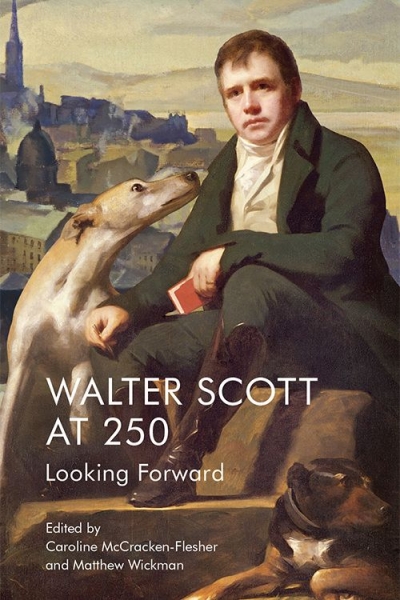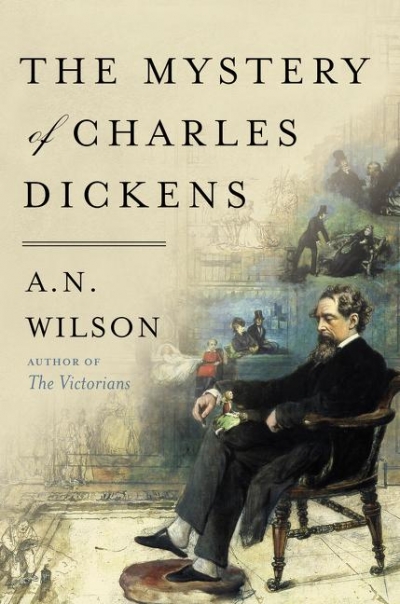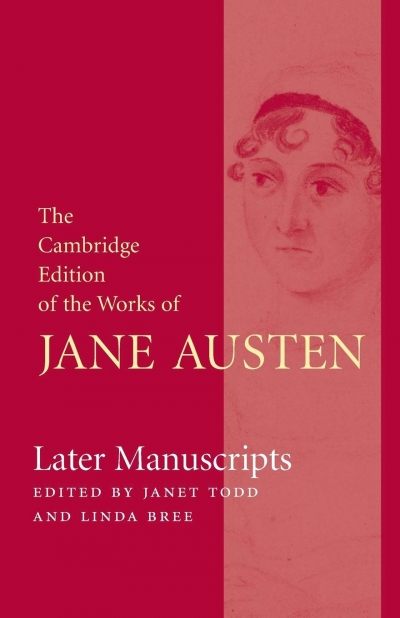The Enlightenment gave birth to our modern world. Within this broad movement, spread over many countries, the contribution of Scotland was of pre-eminent importance. We all know the names of Adam Smith and David Hume, and we recognise their influence today, but how did their ideas get out into the wider world? Of course, there were books, Hume’s Treatise of Human Nature (1739–40) and Smith’s Wealth of Nations (1776) amongst the best known. But where were their books published? Who printed them? Who published them? How were they marketed? These are questions which we have probably never posed to ourselves, but they are vital to our understanding of how writers from a small country on the edge of Europe came to play such an important part in this international movement. As Richard B. Sher points out, we know the writers but we don’t know the publishers and printers without whom their books would never have reached the public. In this book he sets out, amongst other things, to redress the balance.
...
(read more)




